Dentistry is in a way, engineering of tissues – hard and soft, in a functioning vehicle that is the patient's mouth. This is a story of Dr. Vishnu Manohar, a prosthetic dentist from Dindigul, Tamilnadu, India and his journey of dentistry intertwined with lego. Specializing in prosthetics, a gold medalist in MDS Prosthodontics from Dr.MGR Medical University, Tamilnadu, he was always passionate about creating something new. Lego has been around for decades and one specific variety of Lego – the Lego Technic models use gears, connectors, motors, sensors and remotes to create realistic looking functioning models of real life objects, vehicles, and cars.
Lego & Dentistry?
Dr. Vishnu had his first experience with lego technic model when he was 7 years old . During his post-graduation, his interest in lego resurfaced when he used lego for a unique denture impression technique for a patient with limited mouth opening, where he fabricated a custom tray and sectioned it into two halves that were re-oriented extraorally by lego elements.1


As an adult fan of Lego, Technic elements are very handy. There is a certain inventory of parts including gears, connectors, axles, frames and bars with holes in them that could be attached with pins in any way you can imagine, and a whole array of battery operated motors and remote controls with infrared sensors that can be reassembled in any way you can imagine. The capabilities of the design and what can be built are limitless. Dr. Vishnu recognized this and wants to share the significance of it with us!
Lego & a Patented Robotic Hand – The Journey!
A dentist by profession and building lego as a hobby, he explains how his encounter with Lego toys led him to build a functioning prototype of a prosthetic robotic hand for a person who lost hand in an accident. His story is an example of how something seemingly simple and designed for kids could be used, with some thought to bring about a life-changing difference.
One day when taking a stroll, he heard a loud horn behind him, the Bajaj auto. It suddenly struck him –
Nobody had ever built models of Indian vehicles in Lego.
If he takes this project, it was going to be unique. This was a medical student's attempt to build a fully motorized and remote controlled Bajaj auto that was built to scale.
“It took two months of brainstorming and thirty times of building, failing, re-building, and gears colliding, and hours of study of how mechanics of vehicles like the differential, suspension, steering and gears work. There were times when I felt, maybe as a dentist I should not be doing this mechanical engineering!”
Fully functional Lego toys, built from scratch, by a dentist!
Lego technic complex sets are pure engineering. Almost when he gave up, finally one day, the model roared to life. The remote controlled auto rickshaw started rolling on its wheels. After a hundred days of building something with no precedent in dentistry in India, a fully functional Bajaj Re Auto came to life as a Lego technic model! He has also built an exclusively Indian vehicle, the Tata 1613 Lorry, the bright yellow Kerala version. It is a fully functional motorized remote controlled model that can change gears and lift the tipper. He was so driven that this time, it did not take him 100 days, it took him just 5!!!


“We dentists have an incredible sense of hand eye coordination and have practiced years on our fine motor skills. Building miniature models is something we would, by an extension of our skills, be very good at”, says Dr Vishnu.
The previous builds helped him understand the basic mechanics of functioning mechanical objects and how gears, levers, joints and fulcrum work. A Harry Potter fan from his childhood, his next build was a walking model of Aragog, the giant spider from Harry Potter – the thought of making a eight legged Lego technic walker that could walk and move its head from side to side!

He has also built a bright orange Fire dragon from the same lego technic elements that could walk, flap its wings and turn its head from side to side and lift its neck and bend down to simulate flight. Probably inspired by The Game of Thrones? These builds of living objects helped him learn joints and how walking and movements could be replicated using lego elements.

A Functional Prosthetic Hand built from Legos
What Dr Vishnu considers his greatest achievement, is his next build, an ongoing project where he created a Lego prototype, based on a mechanism done by David Aguilar from Spain. David is a mechanical engineer who had designed a robotic arm purely with lego that looked like a cyborg arm. As a prosthodontist who cares for the esthetics as much as the function, he wanted to build a prosthetic arm that looks real yet is capable of basic functions, namely the ability to grasp an object and lift it and hold.
Dr Vishnu explains, “The life of an amputee who loses a hand sometimes creates a trauma that debilitates people. There are a variety of prosthetic, robotic, bionic hands available which are very expensive and not easily available. Legos could be clearly considered an alternative to 3D printed components for building something that needs to be functional and not just a solid prosthesis.”
As dentists we look for both form and function in any replacement we do. When we have the power to recreate, why not try making it mimic nature as much as possible? From his understanding, Dr Vishnu states that a simple opening and closing mechanism with elastics and strings could be easily incorporated in a design with components processed in heat cured acrylic, that could be easily flasked and cured in a dental flask, and adding a few straps, and a cover, a prosthetic hand could be made.
Dr. Vishnu Manohar is creating a bionic hand without any electronics, costly sensors based on simple strings and elastics with lego components built to scale mimicking a human hand.
He says "as the prototype is ready, we are planning to fabricate the next working model in a 3D printed design and make those parts later in the acrylic material used for dentures, to make easily affordable prosthetic arms which not only look like a hand, but can actually function to grasp objects and improve the quality of life of amputees. It could even be characterized or coated with silicone to make it more natural, yet be able to grasp and lift an object. The basic Lego design has taught me a lot about designing the hand".

This design is published patent with the Govt. of India as a partially functioning prosthetic mechanical hand (Appl no. 202041057359). With the right funding for development of the design, and with time, he foresees that in the future, he could provide prosthetic hands that can open and close fingers without electronics, almost at the cost of getting a set of complete dentures in India. He points out that, he got only around ten Lego sets and he could build so many different new models with the same inventory he had.
Building is a basic human instinct. It develops dexterity, fine motor skills, hand eye coordination, puzzle solving ability, time management, patience, persistence and perseverance; the ability to plan a build and make it real, really gives them a hands on experience on how to take on projects and see it through to completion. He hopes to inspire many individuals to take up creative building, not just with lego but also with other model building kits available and DIY designs like 3D pens, wax creations, Meccano sets, tetrix, and so many other great building element platforms. Dr Vishnu wants to create a legacy of designs and inspire Indians to do the same. His story is meant to call young aspiring minds to start building!
Dr Vishnu Manohar is prosthodontist and a private practitioner in Dindigul, Tamilnadu, India.
Dr. Ramya Kumari is a periodontist and private practitioner in Dindigul, Tamilnadu, India.
References
- Manohar V, Bindhoo YA, Thirumurthy VR, Kurien A. Innovative use of Single-stage Secondary Impression in treating Oral Rigidity due to Submucous Fibrosis. Int J Prosthodont Restor Dent 2016;6(1):14-16.

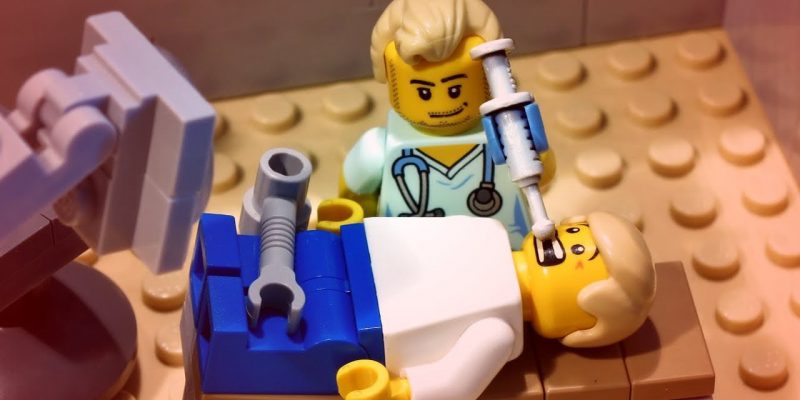



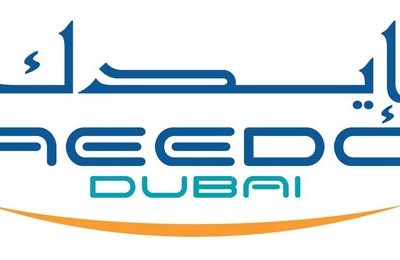
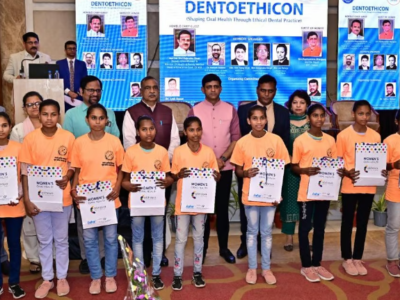
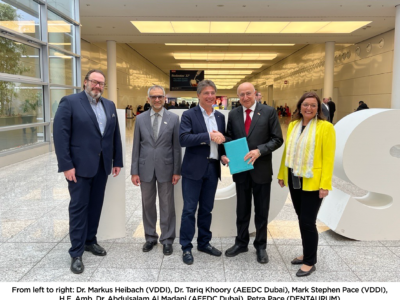









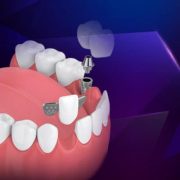
Comments